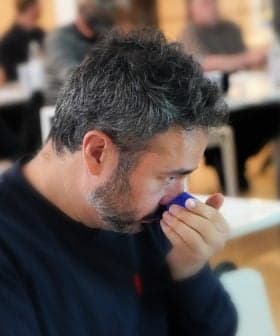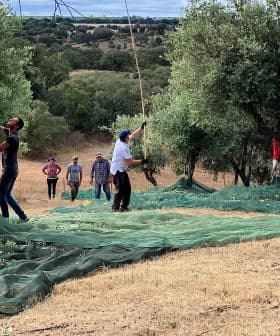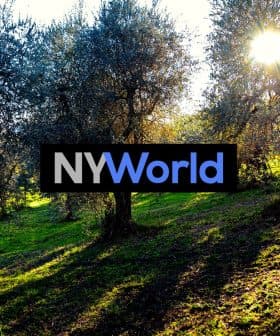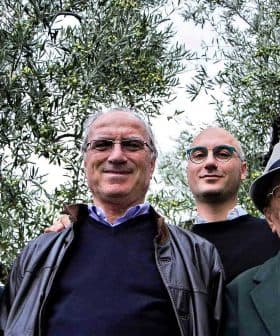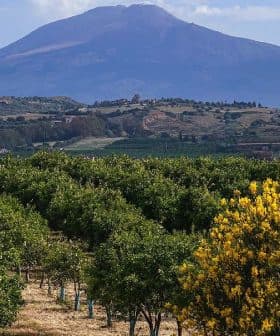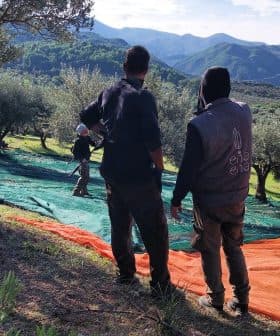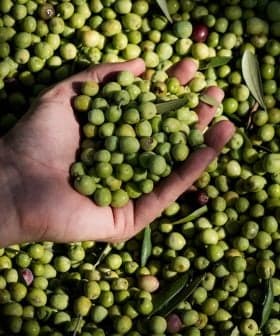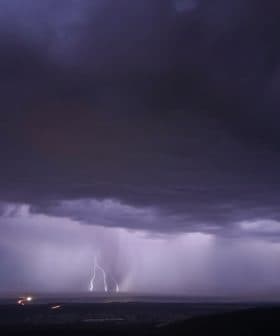Award-Winning Olive Grower Becomes a Role Model for Young Farmers
Danijala Lalin hopes to use her success at the NYIOOC to build an agricultural brand and inspire other young farmers to do the same.
 Danijala Lalin
Danijala Lalin Danijala Lalin from Pakoštane, Dalmatia, entered the 2022 NYIOOC World Olive Oil Competition after winning local competitions, and her family farm earned a Gold Award for its Dalma Oleum Premium brand. Lalin’s success has made her a role model for other young olive growers in Pakoštane, a region well-suited for olive production due to its ideal soil and climate.
After winning the championship for two consecutive years at the local young producers’ competition in Mašković Han, Danijala Lalin from Pakoštane, Dalmatia, decided to enter the 2022 NYIOOC World Olive Oil Competition.
“Since this is the world’s largest review of the best oils, our expectations were not high,” she said.
I think it is important to have a goal and not give up. It took a long time.
However, her results at the competition exceeded her expectations as her family farm earned a Gold Award for its Dalma Oleum Premium brand, a medium Levantinka.
“Being among the best in the competition of 1,244 oils from 28 countries is a great achievement,” Lalin told Olive Oil Times.
See Also:Producer ProfilesShe pointed out that this is a joint success of the Lalin family farm, especially her father, Vinko, otherwise a successful manager, who planted the first olives as a hobby in 1992. Today, Lalin’s whole family, including her mother, Zdenka, and her brother, Marco, work on the farm.
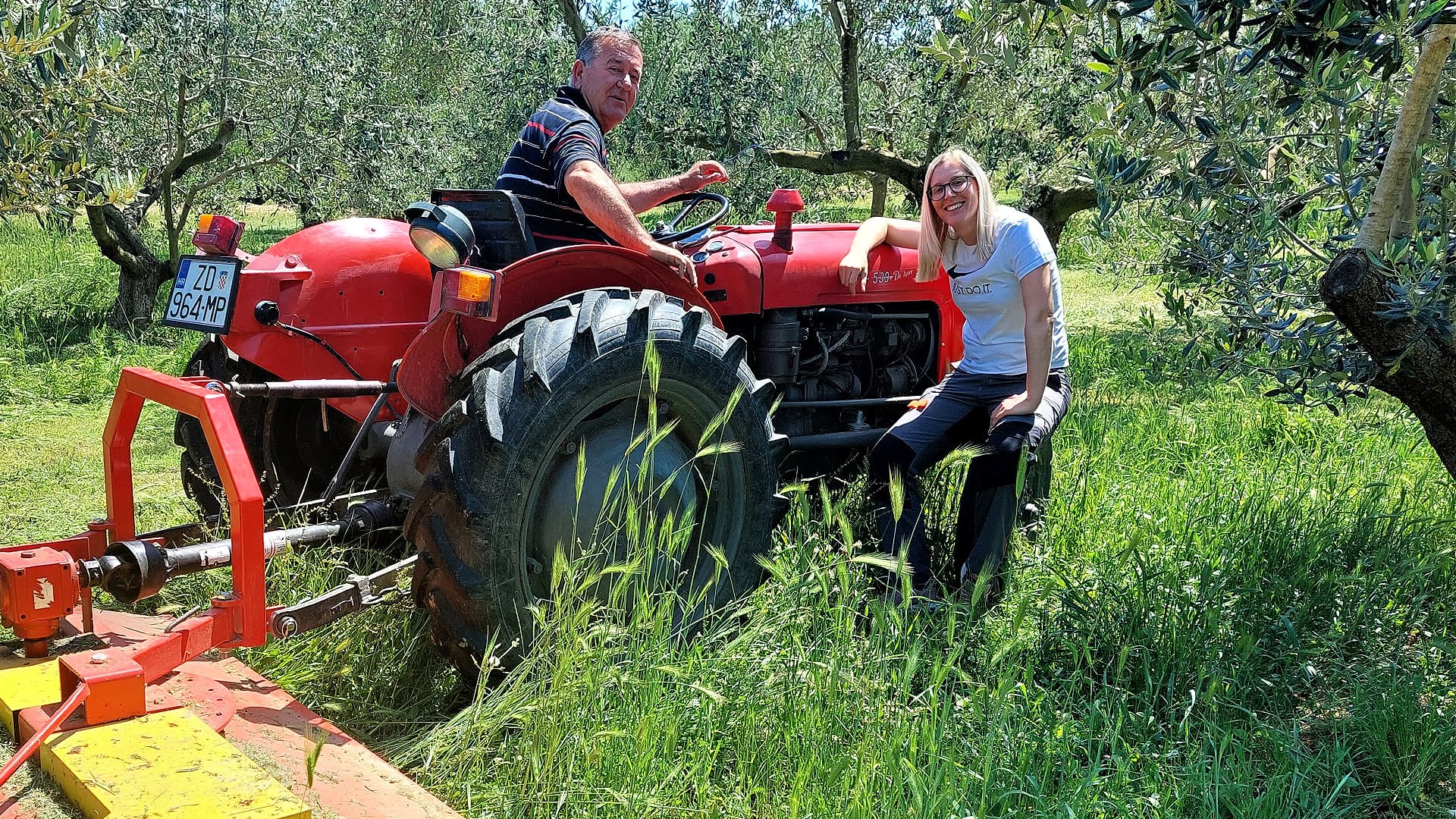
Vinko and Danijala Lalin
At several locations along Vrana Lake, the largest lake in Croatia, OPG Lalin has 300 trees, 180 of which are in full bloom. Indigenous varieties Oblica (70 percent) and Levantinka (15 percent) predominate, with some imported varieties such as Leccino, Ascolana Tenera and Pendolino.
Lalin said the family decided to submit their Levantinka monovarietal because the olives had been harvested at the perfect time.
“My father and I stayed in the olive groves every day so that we wouldn’t miss the ‘optimal’ time for the harvest,” she said.
Due to climatic conditions, everything was delayed, so they decided to start the first harvest on October 12. Two days later, they picked the Levantinka olives, when the ratio of fruitiness and spiciness in the fruit was most pronounced.
The freshly-picked fruits, as usual, were processed in the Nadin Oil Mill, owned by Željko Vrsaljko, who is also an award-winning olive grower. Two days later, on October 16, the harvest was completed.
The family harvested about 9,000 kilograms of fruit and produced about 1,300 kilograms of oil, which is more than a good result compared to last season. Due to several unfavorable circumstances, the olive yield in Croatia was reduced by an average of 50 to 70 percent.
The Lalin family partially attributed their success to providing the trees with proper nutrition and protection while watering them several times during the dry summer with water from Vrana Lake.
“Without irrigation, there is no success,” Lalin said.
Along with growing olives, she is also a teacher at a local kindergarten and the owner of the Dalma Oleum souvenir shop.
In addition to oils in various packages of varying sizes, and olive oils infused with garlic, rosemary and chili, the souvenir shop offers its own brandies, liqueurs and traditional dessert wine, Prošek, as well as local products from other family farms.
See Also:Best Olive Oils From CroatiaLalin did not hide her pleasure in winning at the NYIOOC, but she said she could always do even better.
“We are expanding production,” she said. “We will continue to raise new plantations. We have already received praise for the new design.”
Lalin said she wants to create a local brand that will be recognizable in the near future.
“We started with the oil, and we will continue with the new design of olive oil boxes,” she said.
Along with their extra virgin olive oil, the family is preparing new labels for home-made liqueurs and brandies (made from herbs, grapes, figs, walnuts, carob, cherries), introducing new products (teas, spices, almonds in sugar, dried figs, marmalades) and creating gift packages.
The family’s goal is to begin building up an online presence, focusing more on e‑commerce and branding on social media.
“It is a long process because if you want to do something well, then it should be of good quality, and you should have time for that,” Lalin said. “Since I still work as a kindergarten teacher, I think it is important to have a goal and not give up. It took a long time.”
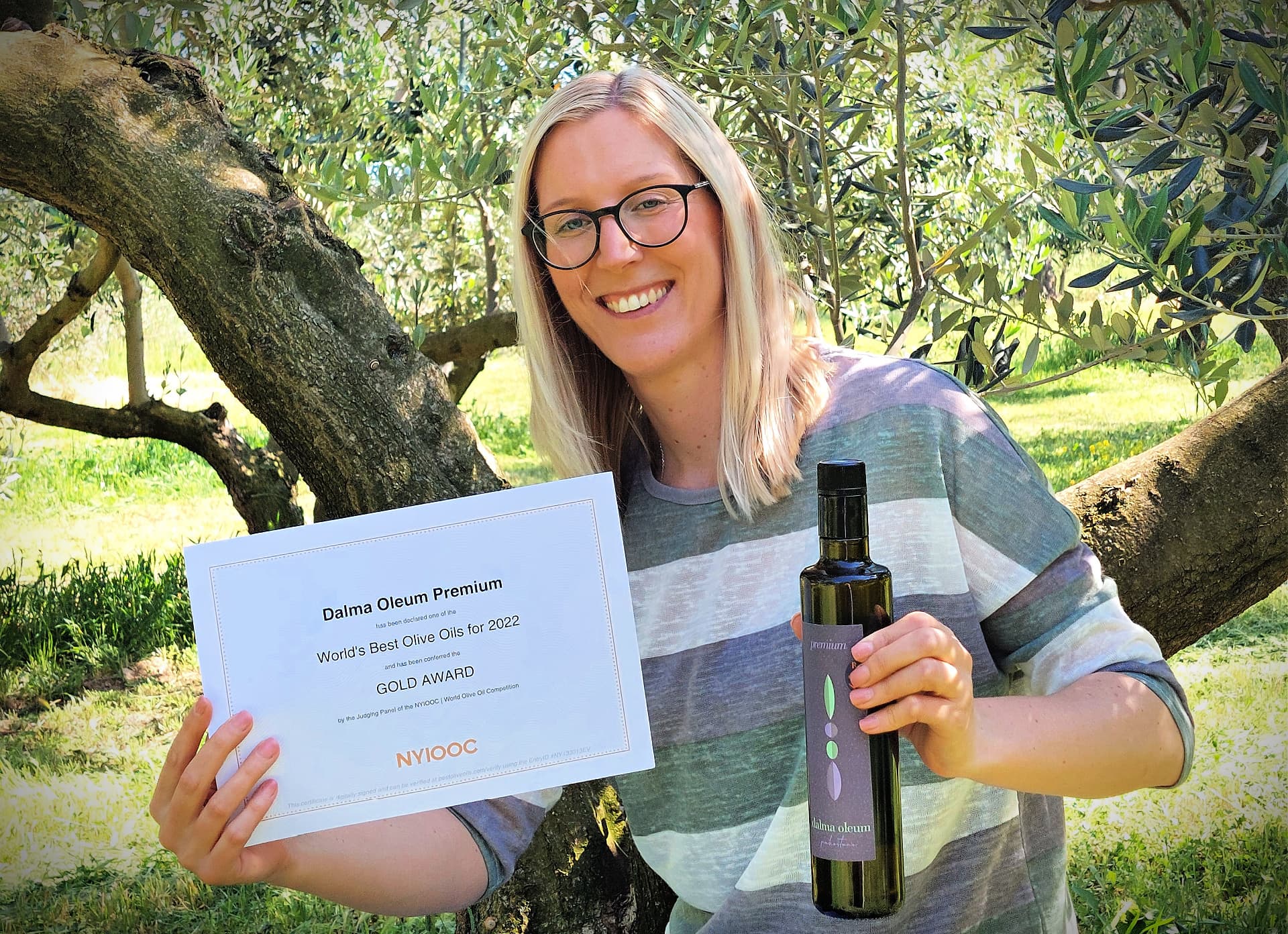
After winning the award with many other Dalmatian producers at the world’s largest olive oil quality competition, Lalin has become a role model for other young olive growers in Pakoštane.
There are already more than 150,000 olive trees in the municipality of Pakoštane, and most of the 1,700 families living here own at least some olive trees. Other local producers, including Ante Vulin, also earned a Gold Award at the NYIOOC.
“There will be more,” Lalin said. Pakoštane is well-suited for tourism and agriculture. The city is located in the center of the 1,000-kilometer-long Adriatic coast and is ideally positioned between the Adriatic Sea and Lake Vrana.
Pakoštane is surrounded by four Croatian national parks (Kornati, Krka, Paklenica and Plitvice Lakes) and two natural parks (Telašćica and Vrana Lake). The soil and climate are ideal for the production of all Mediterranean specialties, especially olives.
Share this article


